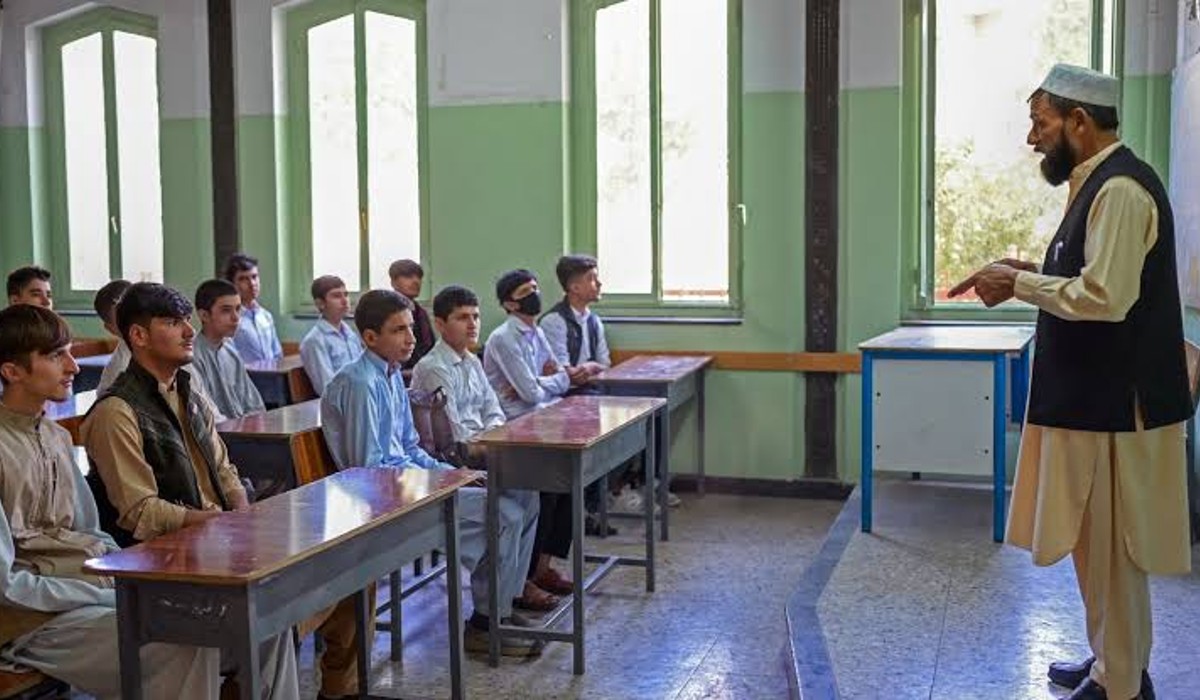The European Union is allocating an additional €10 million to the United Nations World Food Programme (WFP) for school feeding activities in Afghanistan, the WFP announced on Wednesday.
The funds will enable WFP to distribute fortified biscuits and locally produced nutritious snacks to students in more than 10,000 schools across eight provinces: Farah, Ghor, Jawzjan, Nangarhar, Nuristan, Paktika, Uruzgan, and Zabul.
“Hunger can be a barrier to education,” said Raffaella Iodice, the E.U. Chargée d’Affaires to Afghanistan. “The additional E.U. funding to our long-standing partner WFP ensures that more children in Afghanistan receive nutritious food. This is essential for them to have the energy and focus they need to learn effectively and stay healthy. And if these meals encourage parents to prioritize school attendance, this benefits everyone.”
According to the WFP, schoolgirls in grades 4 to 6 will receive take-home rations, including vegetable oil or cash for their families. In three provinces with particularly low enrollment rates for boys, boys in grades 4 to 6 will also receive take-home rations.
Hsiao-Wei Lee, WFP Country Director in Afghanistan, stated that the program supported 1.5 million school-aged children last year. She emphasized the crucial role of the E.U. as a key partner in these efforts. “WFP in Afghanistan launched its school feeding program more than two decades ago to link food security and better nutrition with education,” Ms. Lee said.
For the first time in Afghanistan, WFP will test the local production of vegetarian samosas made from fortified local ingredients through a network of local bakeries. “A planned 2,000 children will receive two samosas per school day, baked with pumpkin, spinach, egg, potato, or soya beans, as a protein-rich and nutritious snack,” the statement read.





